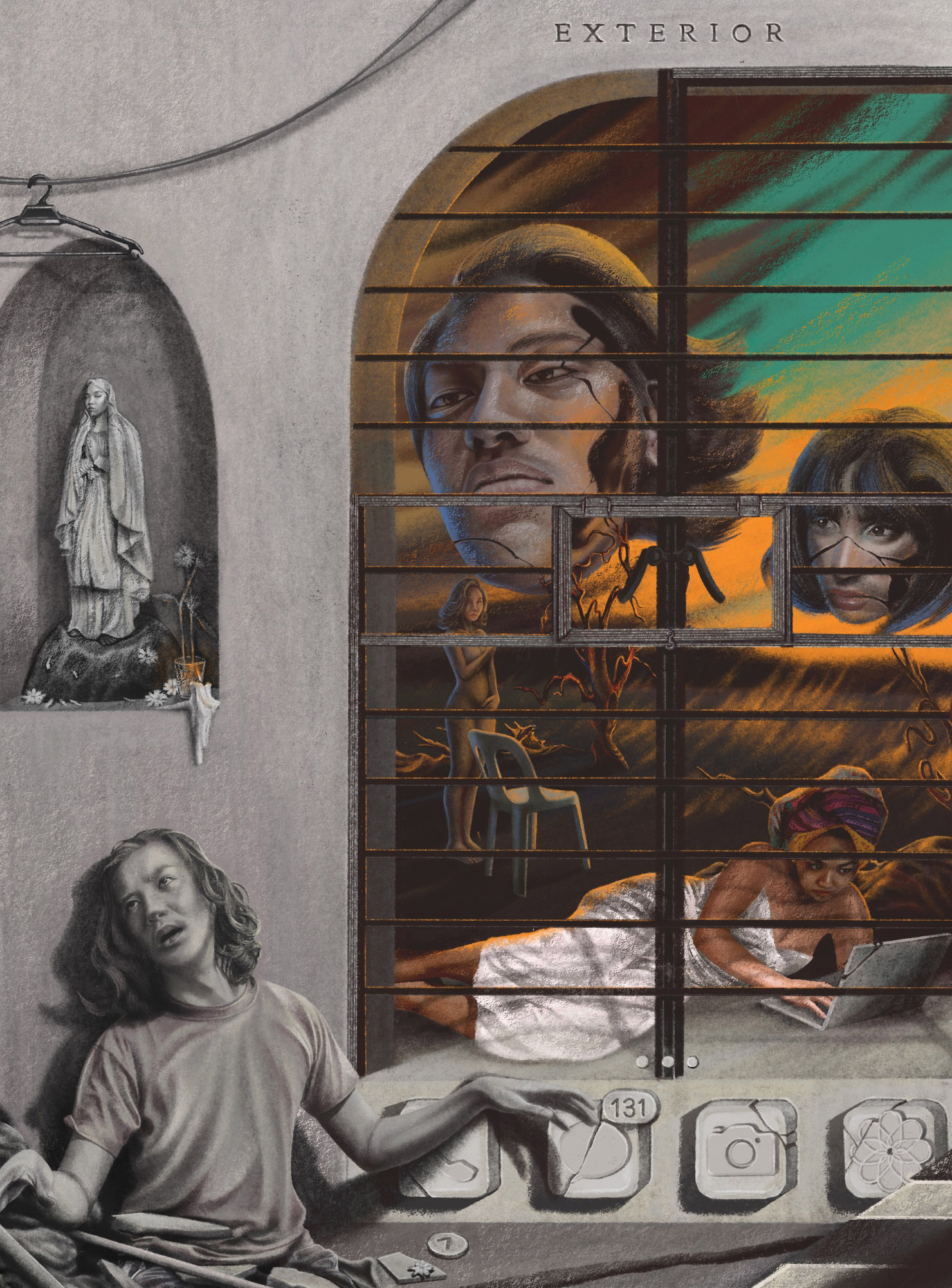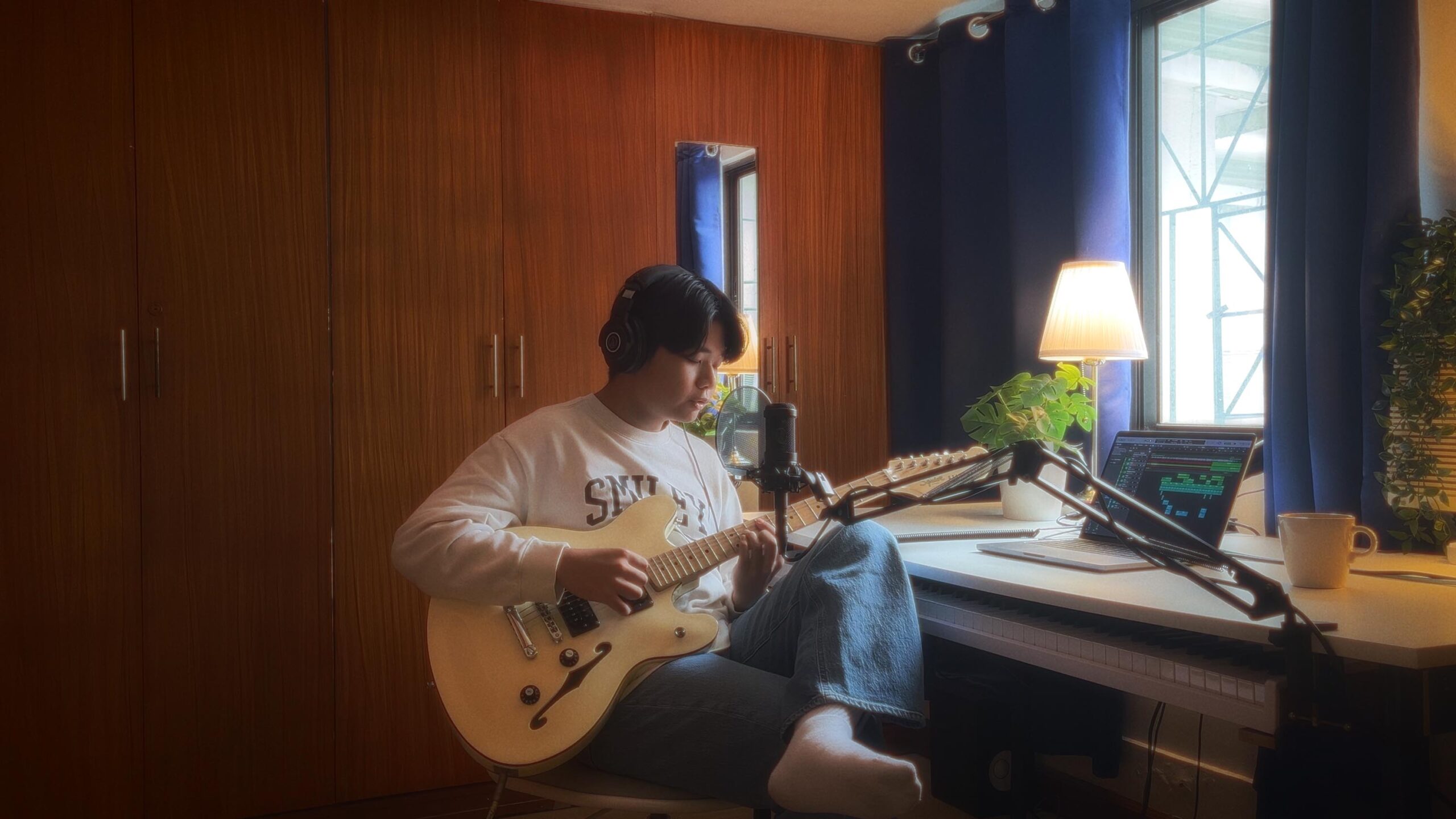
“We’re not on some long-term break or vacation”
Even before the nationwide lockdown, the National Statistics Office has repeatedly reported a rise in the number of cases of mental illnesses among Filipinos, particularly among the youth and the middle-aged.
About 17-20% of Filipino adults suffer from psychiatric disorders, and 10 to 15% of adolescents deal with issues related to mental health. One can only imagine how much of the mental health situation goes unreported. And it’s not far-fetched to imagine how mental health issues may have become exacerbated in this lockdown.
Media have reported that depression incidence is on the rise, largely due to the feeling of uncertainty brought about by the disruptive virus, the lack of clarity coming from the government on how to handle the situation, and the isolation forced on millions of people to “flatten the curve”.

You.Ph connected with several students to see how they were managing their mental health these days.
Some students went into entrepreneurial ventures to keep themselves productive.
“I had slight anxiety because of the isolation,” said San Beda Alabang student Moses Mogarte. “But I tried to make the most out of it, and did some self-reflection. Just to gear away from negative thoughts, I started a small online business selling ice cream to keep myself motivated and productive.”
Other students, like Rovi Sandoval also of San Beda Alabang, made the most of their immediate surroundings to cope. “It took a toll on me and I was having a hard time. Self-isolation was never really what I would want but it’s the reality I had to face. What I did to cope was to turn this negative perspective into a positive one by focusing on myself more. I tried to spend more time with family and worked out everyday to distract myself so that I would not overthink or be afraid of what is happening.”
We spoke with former UP Psychological Society President Aimary Rubio to get a better understanding of the overall mental health situation in the country and what concrete steps students can do to take care of others and themselves during a time of such unparalleled uncertainty.
“This pandemic is not just a physical health crisis; it pervades every aspect of human life, from the ensuing economic decline to prevalent social isolation. I believe that every single one of us is grappling with novel stressors, whether that’s handling the loss of our autonomy due to the lockdown, grieving the death of a loved one while lacking physical social support, or having to adjust our lifestyles to fit the current circumstances,” said Rubio.
“Even following news affairs has been found to have psychosocial consequences. There is an abundance of factors that can contribute to widespread emotional distress and increased risk of psychiatric illnesses during this time, both for mentally vulnerable populations and also those who aren’t necessarily susceptible to mental health issues.”
On managing anxieties during the lockdown, Rubio advises to have “consistencies and routine” to get through every day.
“Even small things like eating breakfast at the same time or committing to try to exercise every day can go a long way in helping you regain some sense of control at a time that’s full of uncertainty. Planning small things to look forward to, like a group video call with friends or picking up a new hobby, has also helped greatly diminish the effects of isolation.”
At the end of the day, Rubio emphasized the need for all people, especially young adults more vulnerable to mental health stressors, to be self-compassionate.
“We’re not on some long-term break or vacation; we’re in the middle of a global health crisis with far-reaching repercussions, which is uncharted territory for most, if not all of us. While some people can translate this difficult time into a productivity binge, others might find themselves paralyzed or struggling with tasks that used to come easier to them, and those, too, are all very much valid experiences. We cannot expect ourselves to function as normal because we aren’t in normal circumstances.”






